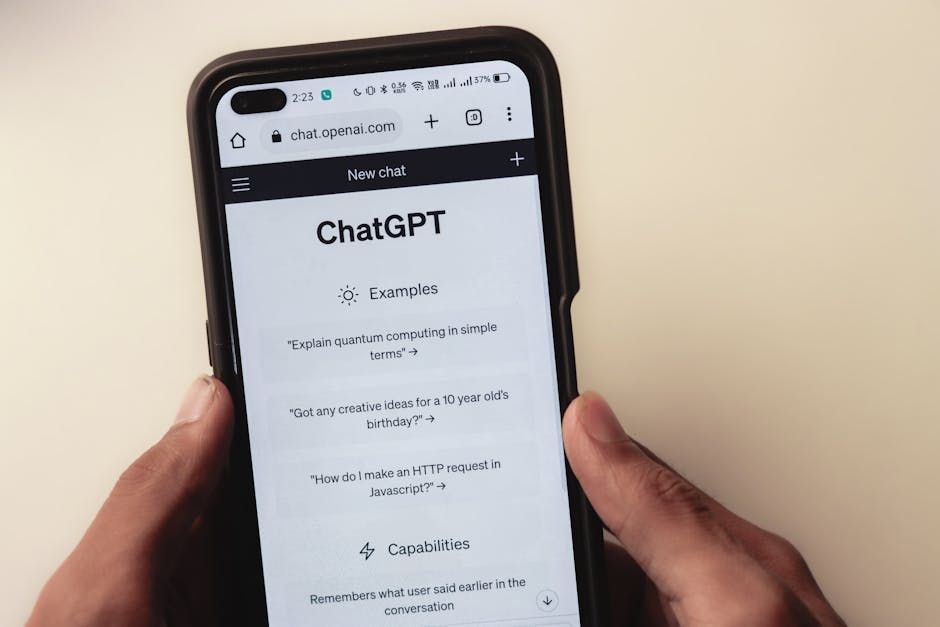Treat your website like a garden and it will produce results.
I love the analogy of your website being a garden. I use it quite often. If you think about a garden you need to find the right location, give it a stable foundation and take good care of it. You plant a ton of seeds and maintain the garden to make sure your plants can grow and produce.

A website is the same. Your location is your web address and a great hosting company. Your foundation is the system(s) or technology stack you use to build your website. And just like taking care of your garden, you need to take care of your website in the same way. Instead of pruning, watering, and weeding you need to update onsite SEO, add fresh content your audience wants, and always make sure that your website performance scores are meeting Google’s standards.
Website maintenance tasks are important because they ensure that your site is running smoothly and it is well organized. With the help of a professional website maintenance service, you can avoid getting penalized by search engine algorithms and keep your visitors coming back for more.
How Often Does a Business Need their Website Maintained or Improved?
The last thing you want is for your site to be riddled with errors that are affecting your SEO. If you’re unsure, it’s best to hire an outside company to assess the situation and make some recommendations for how to move forward.
The performance of your website is a factor in how your website is ranked, so you have to monitor it and keep it up to speed. And depending on how your site is built it can need a lot of regular maintenance or just a little. And unfortunately, some content management systems, like WordPress can require more maintenance than others. Your performance scores can drop drastically with a WordPress site, simply because a plugin is missing an update. Depending on the size of the website, a WordPress website could easily require daily maintenance.
When Should You have a Site Audit?
A site audit is the process of having someone outside of your company examine your current website to see what can be improved. This is typically done by an industry expert or consultant who is hired specifically for the job. The goal of this examination is to make sure that your website, whether it’s a blog, eCommerce store, or anything in-between, is meeting the needs of its target audience and providing them with a user experience that meets their expectations.
Nowadays more and more companies are turning to professional consultants to do their site audits instead of doing it themselves because they don't have the time or skillset for web design.
We recommend multiple audits on a regular basis. it is not only important to monitor your website’s speed and performance to stay in the good graces of search engines, but monitoring your competitions’ websites and marketing efforts is a key part of bridging the gap and driving more customers to your website.
Site Audit Process: What is Done?
A site audit is used to find out how effective a company's website is with a major focus on the user experience. The process is broken up into three main parts:
Step 1:
Does your website provide a good user experience?
The first step of the site audit process is to identify potential errors and problems on the site. Search engines and especially Google expect you to be providing a high-quality user experience for visitors. Think about the internet as if it were a theater and Google is the usher you asked to show you to the best seats in the house. The better user experiences you provide to your visitors (meaning high-quality and error-free navigation) the more Google will send people looking for your products and services to your website. The top 5 areas we focus on in this step are:
- Performance(Speed) - How well your website functions. Does your website load in a reasonable about of time?
- Accessibility - Is your website easy for all visitors (including visually and hearing impaired) to navigate and read?
- User Experience - Does your website contain broken links? Are all elements of your website design responsive?
- Best Practices - Are you following Google Standards and providing a good user experience?
- Search Engine Optimization (SEO) - Is your website optimized for search engines and devices of all sizes?
Step 2:
Identify your competition and discover how to rank higher
Next, we identify and analyze your competition. We want to see how your competition's websites are performing. Are their performance scores high or low? What is the number of monthly visitors they are seeing to their website? What keywords are they ranking for that you are not? Once we identify the differences we begin developing a plan to achieve parity. In SEO parity is when we identify areas that your competition may have used to drive traffic to their website and we use the same strategies to rank your site equally with your competition. Once we achieve parity we can focus on SEO enhancements to rank your site higher.
Step 3:
Develop a strategic plan for updating and maintaining the website
A website audit that includes all of the above can generate hundreds if not thousands of recommendations. When we complete the audits and review the data we separate the tasks into three different categories: errors, warnings, and recommendations. Errors need to be fixed first. These are items that are hurting your current ranking and most commonly are providing a bad user experience for visitors. Warnings are items that need to be reviewed and assessed one by one. And recommendations are ways to improve your website that are not time-sensitive but will increase your performance and ranking on SERPs(search engine results pages).
It is critically important for a business to determine which tasks need to happen first and which ones can wait. We often recommend with SEO tasks that we focus on increasing the website’s ranking for the keywords that drive the most revenue. Improving your keyword ranking is a very time-consuming and lengthy process. SEO maintenance contracts are almost always a minimum of 12 months simply because of the work involved and the time it takes search engines to associate your website with those keywords.
Website maintenance and SEO work are ongoing. Make sure the plan is in line with the company goals and direction. If there are new products or services coming out by the end of the year, it will be important to include those in your keyword research. The same goes for products or services that may be discontinued or are not as profitable as others. A strategic plan that is constantly evolving is the key to success.
Hiring a website maintenance company is good for your business.
A lot of companies want to keep all aspects of the business in-house. And it makes a lot of sense for most departments. Sales should be working closely with accounting. Accounting should be working closely with management. Management should be working closely with product development. And product development should be working closely with sales. And around and around we go! But when it comes to the analysis of your website and making sure you are keeping up to date with changes in technology and industry trends, it is better to go outside.
Outsourced website companies, especially one that specializes in website maintenance, are constantly monitoring changes in technology, industry trends, and all algorithm updates from search engines.
According to
searchengineland.com Google updates its algorithm 500-600 times a year. Sometimes these changes are minor and sometimes like this past year, these changes are major and require website owners to update and sometimes rebuild their website(s). Monitoring these updates is critical for our business and staying on top of these changes is what makes us effective as a website maintenance resource. Your in-house teams should be focusing on your business, your services, and most importantly your customers. Let your in-house team focus on providing a great product and customer service. And let us focus on providing a great user experience for your website visitors.
For more information about website maintenance plans or to request a free website audit contact Clover Creative Group at 603-677-7032. Or email us at info@clovercreativegroup.com
Media Contact
Company Name: Clover Creative Group LLC
Contact Person: Shawn Dixon
Email: Send Email
Phone: 603-677-7032
Address: 234 Camp Rd.
City: Plainfield
State: New Hampshire
Country: United States
Website: clovercreativegroup.com
Did you find this article helpful? Please consider sharing.







